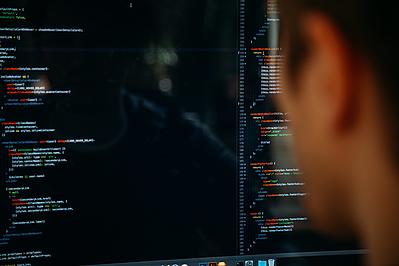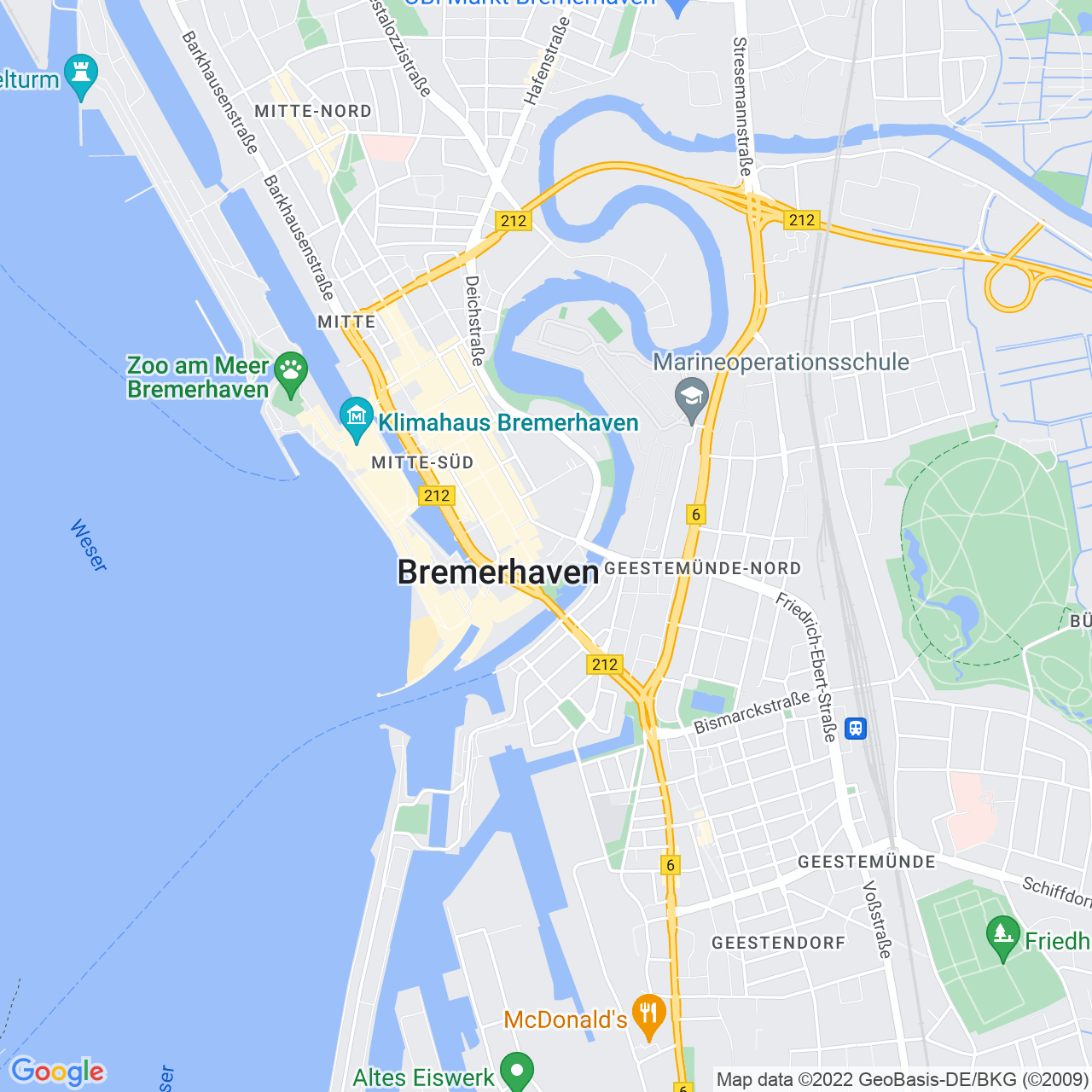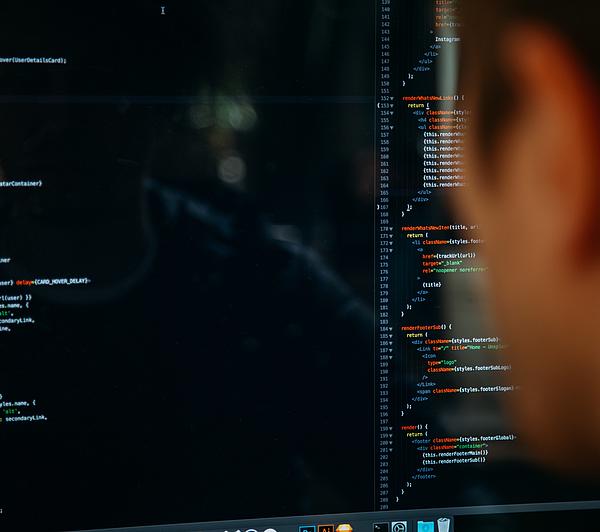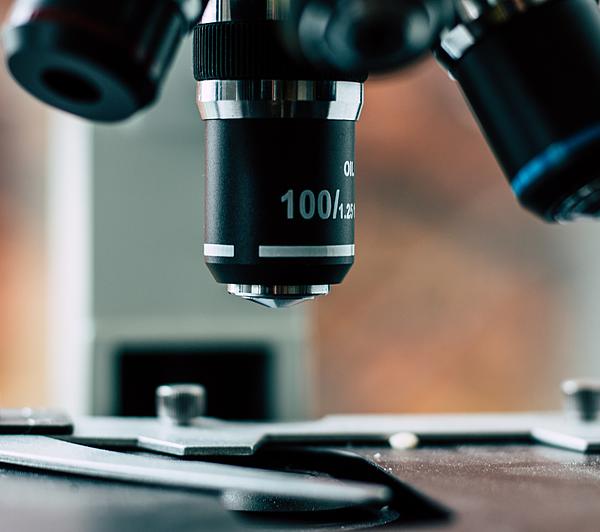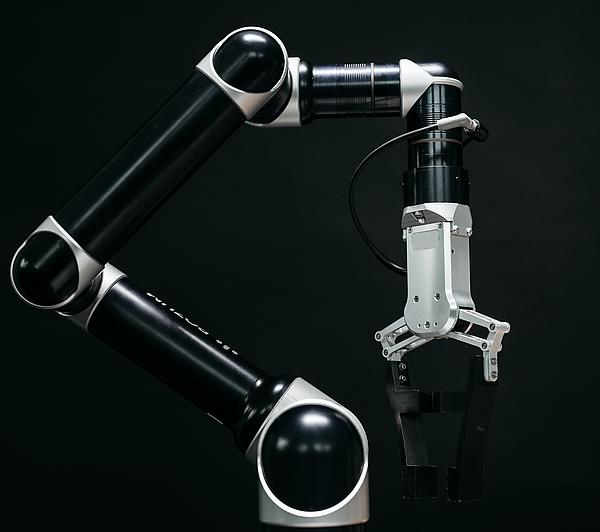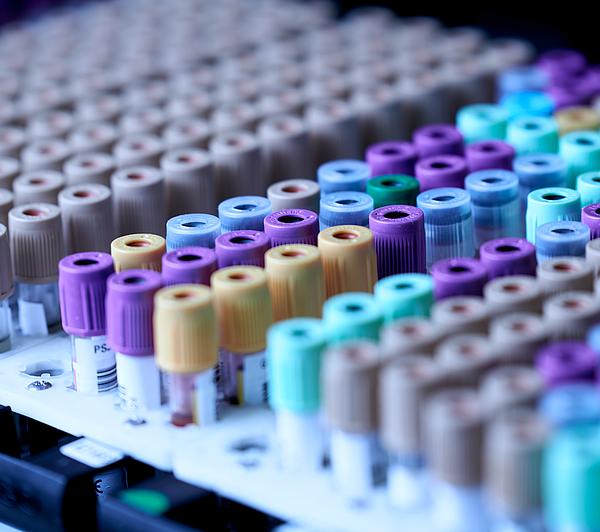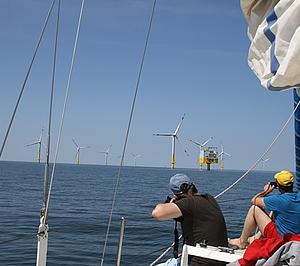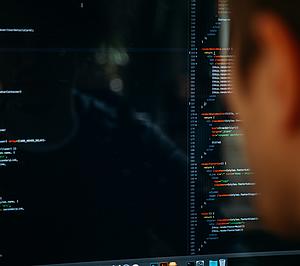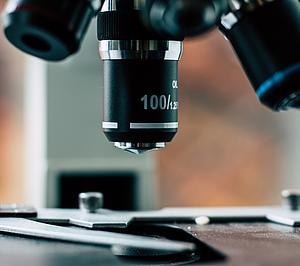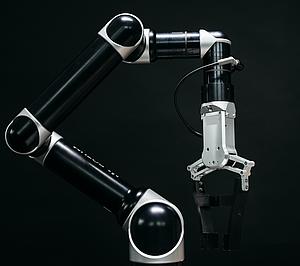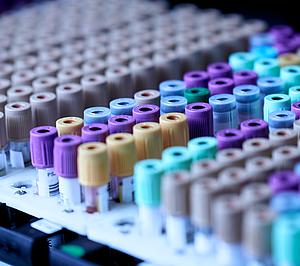Embedded Systems? What does this mean?
From washing machines to satellites - there is hardly any product or machine on the market that is not equipped with integrated digital technology or software determining its function and performance. Embedded systems are omnipresent in technical installations and utilities and, as „hidden“ systems, form a key technology in terms of product innovations in mechanical and plant engineering as well as in medical and scientific devices and instruments. The University of Applied Sciences Bremerhaven supports and furthers such development with the Master Programme „Embedded Systems Design“. An embedded system includes mechanical or mechatronic systems which assume its essential function through open or closed loop control using electronic components as well as the required software. Modules such as Digital Systems/VHDL, System-on-Chip Design, mechatronic and discrete control systems enable students to develop and implement innovative embedded systems.
1. Semester
Mechatronics, Discrete Control Systems, Digital Systems / VHDL, System-on-Chip-Design, Model Based Software Development / Real-time Software, Safety and Reliability
2. Semester Industrial Systems, Medical Systems, Maritime Systems, Requirements Engineering, Embedded Systems Project,
3. Semester
Master Thesis
Zulassungsvoraussetzungen
Prospective students should be enthusiastic about control engineering, mechanics, digital technology and software development and be able to prove basic knowledge that was acquired by attending corresponding courses. The study programme begins in the summer semester.
German students may read the formal admission requirements from the link "Zulassungsordnung Embedded Systems Design" below.
The formal admission requirements in English language for students (from abroad) are listed here:
- Completion of a bachelor's degree in an engineering study program with 210 credit points (ECTS)
- CGPA equivalent German grade of 2.3 or better (The required German grade may also be enhanded by 0.3 for individuals who can provide proof of at least 2 years of relevant professional experience after obtaining their bachelor’s degree.)
- Proof of English language skills at level B2 of the Common European Framework of Reference for Languages (or IELTS 6.0 or TOEFL IBT 72 or Bachelor’s program with English as the medium of instruction MOI)
- Proof of German language skills at level A1 from Goethe Institut (or DSH or Test DaF or TELC or DAAD or UNIcert). Certificates from other organisations will probably not be accepted!
- 15 credit points (ECTS) in mathematics/physics (e.g. linear algebra, calculus, laplace transforms, differential equations, statistics)
- 10 credit points (ECTS) in electrical engineering (e.g. DC and AC circuits, passive electrical elements, resistors, coils, capacitors, active electrical elements, diodes, transistors, MOSFETs, ICs)
- 5 credit points (ECTS) in mechanical engineering (e.g. civil engineering, machines, drives)
- 5 credit points (ECTS) in programming languages (e.g. C, C#, Java, VHDL)
- 5 credit points (ECTS) in control engineering (e.g. feedback controls in frequency domain, control systems, linear control)
Further information about special admissions can be obtained from the Admissions Office of the University of Applied Sciences Bremerhaven.
Aufbau und Zielsetzung
In the first semester of the ESD Master‘s programme, a sound foundation is laid for the application-oriented courses in the second semester. In modules such as Safety and Reliability, Mechatronics or Digital Systems, the participants mainly first learn about process-independent theory. Based on the basic knowledge of the Bachelor‘s programme, the existing knowledge is deepened and completed in the first semester in order to master the relevant subjects at the Master‘s level. In the second semester, the applica tion modules from the areas of industrial systems, scientific systems and medical devices follow, focusing on three labour market points. Cross-departmental qualifications in the form of project planning and management, teamwork, technical documentation and presentation are part of ‘Requirements Engineering‘ and the Embedded Systems Project. The Master’s thesis is written in the third semester.
Allgemeines
Bei uns in Bremerhaven wird mit Begeisterung gelehrt, gelernt und geforscht. Und diese Leidenschaft ist heute mehr denn je spürbar: Wer unsere „Hochschule am Meer“ besucht, erlebt eine moderne und für ihre Lehr- und Lernansätze vielfach ausgezeichnete Forschung mit über 20 ebenso praxisnahen wie innovativen Studiengängen.
Direkt an der Wesermündung und nur fünf Minuten vom Deich entfernt gelegen, eröffnet unser offener Campus unzählige Entwicklungs- und Entfaltungsmöglichkeiten für jeden Einzelnen.
Modern ausgestattete Labore, ein zukunftsgerichtetes Forschungsumfeld sowie unser weitverzweigtes, enges Netzwerk mit der regionalen Wissenschaft und Wirtschaft ermöglichen die Umsetzung vieler Ideen und Projekte – praxisnah und unkompliziert.
Das maritim geprägte Themenspektrum unserer Hochschule reicht von technisch-naturwissenschaftlich orientierten Studiengängen, über Wirtschafts- und Sozialwissenschaft bis hin zur Gesundheitswissenschaft.
Unter dem motivierten Blick hochqualifizierter Lehrender lernen derzeit rund 3.000 Studierende aus aller Welt in Bremerhaven.

